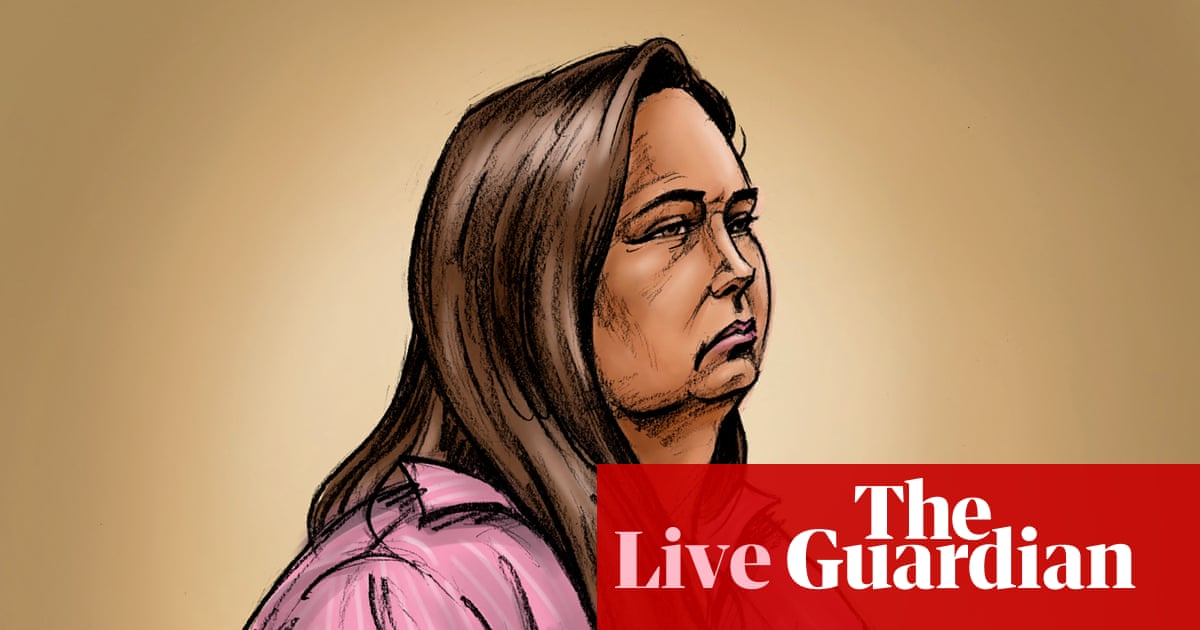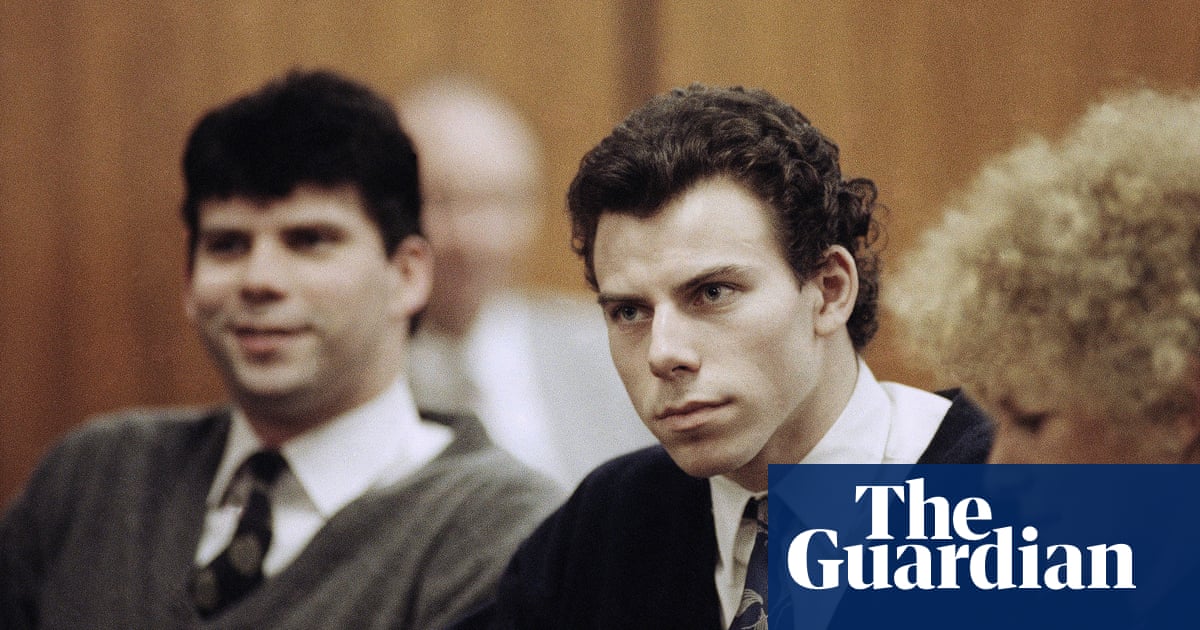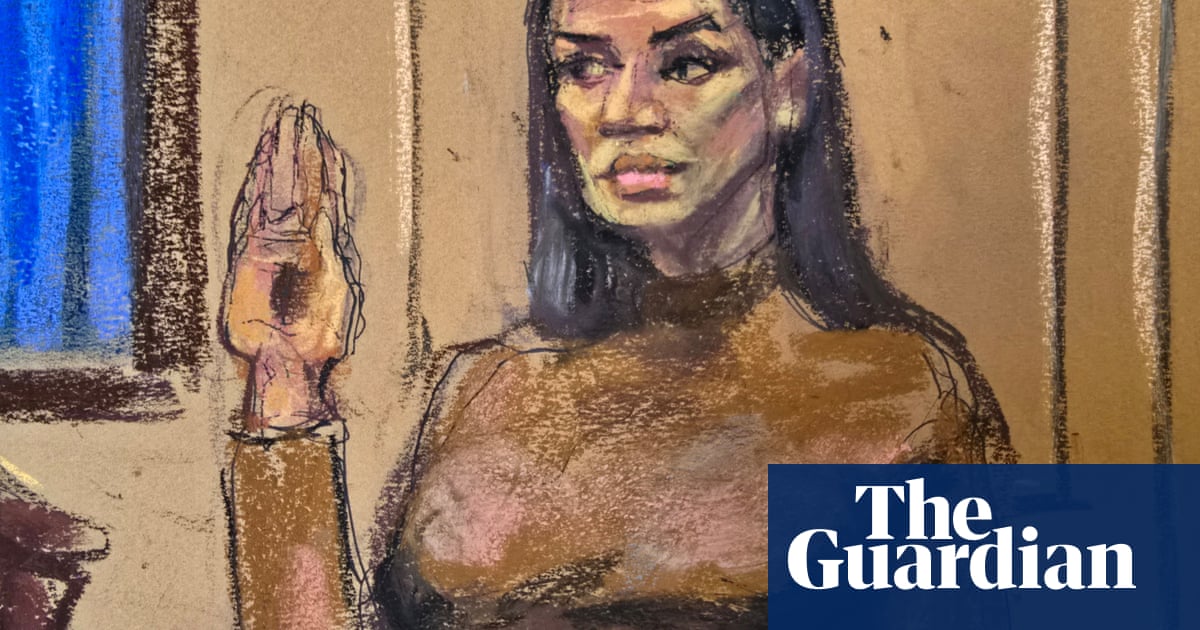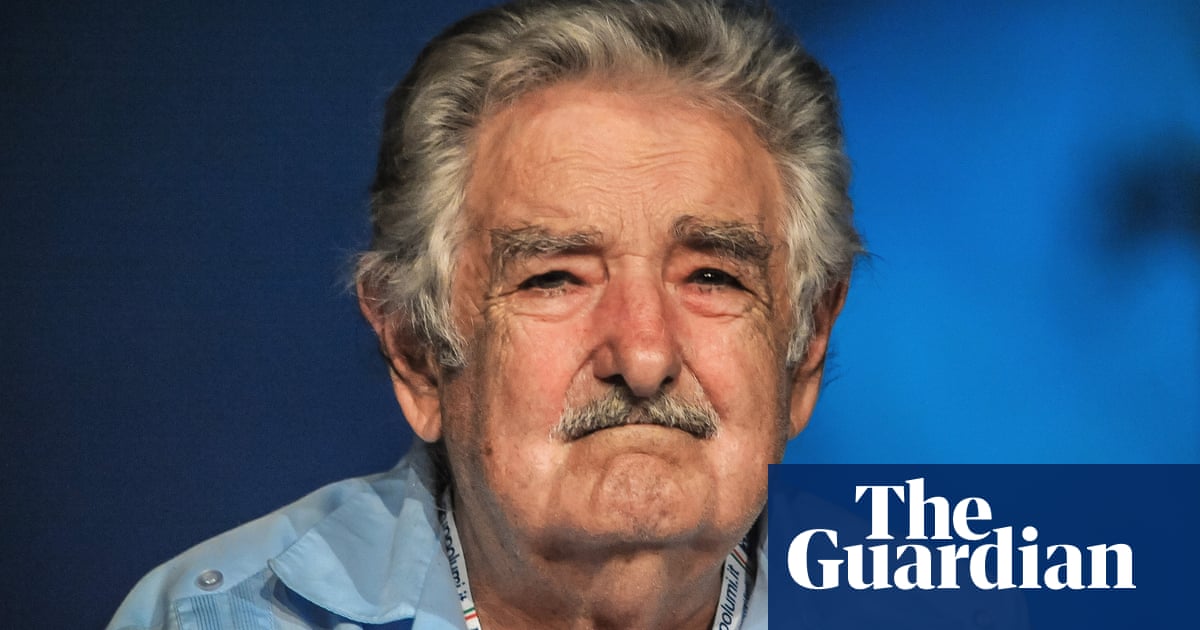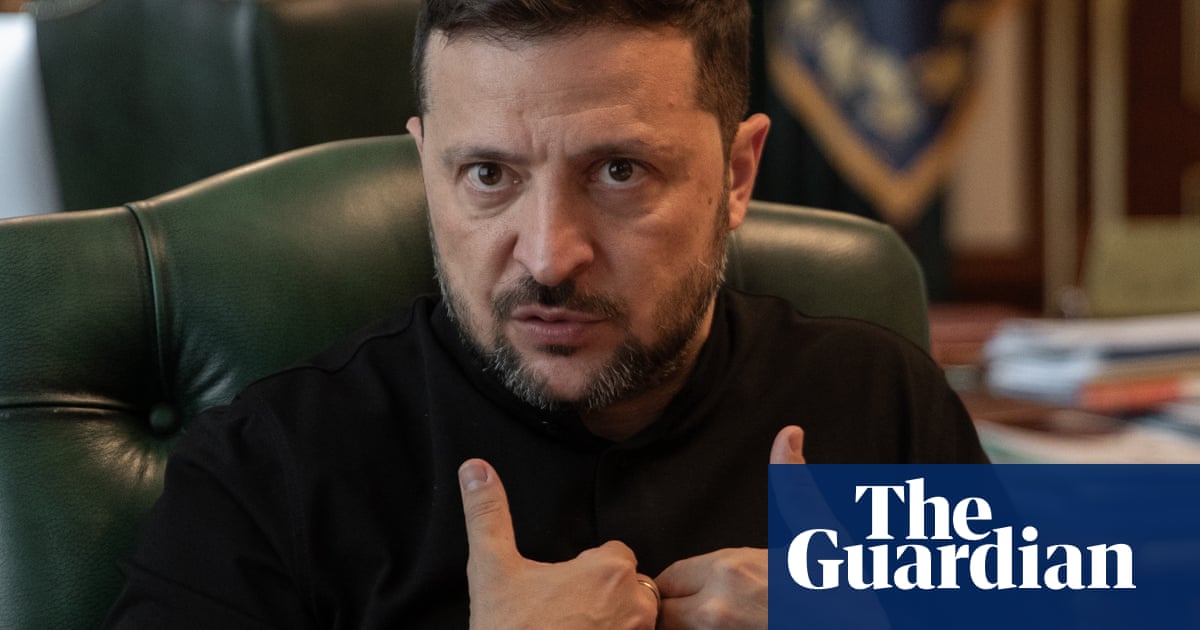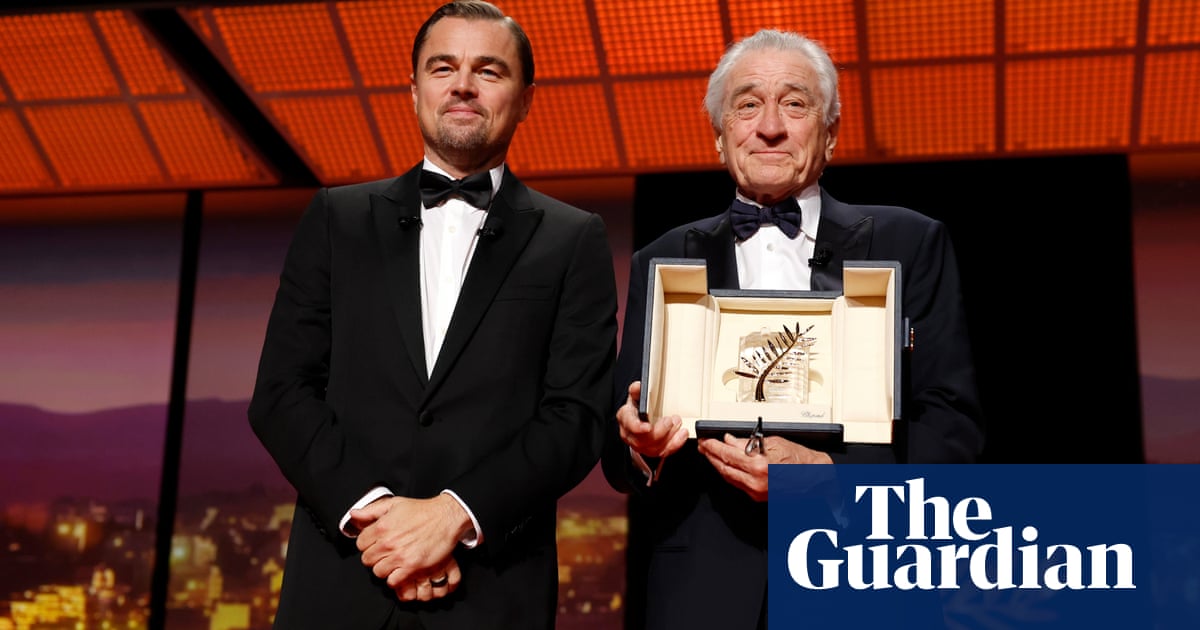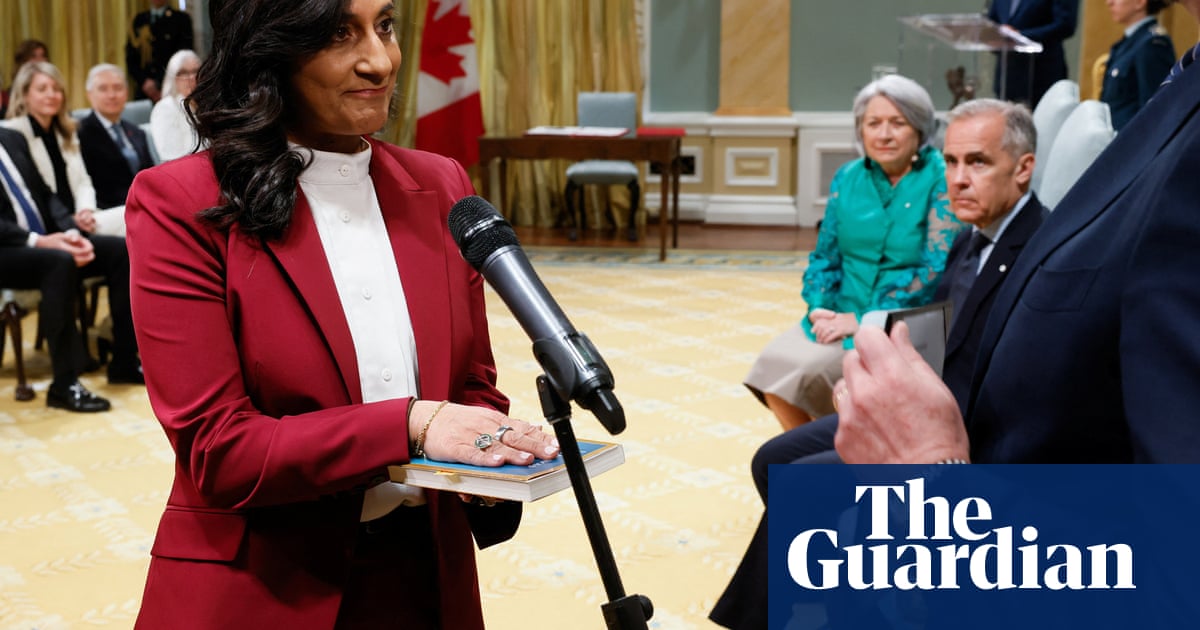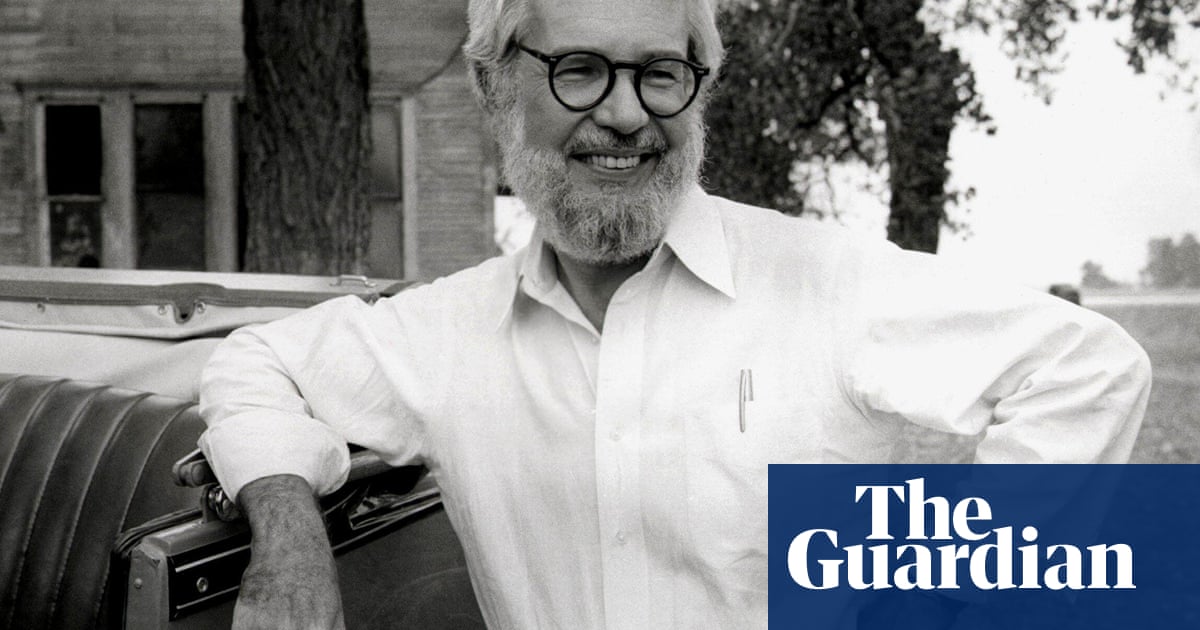“Dead inside. Those were the words that were thrown at me in my 20s … It wasn’t even an insult. It was just who I was.”
The man speaking has a handsome, sensitive face. His eyes look soulful – not like those of someone dead inside. But then, Ben Bidwell has broken free from his past, and now helps other men do the same.
“I had no intention of disconnecting from emotion or closing myself off – I just lived in a society that grabbed me and did its thing and took me down that road,” Bidwell says.
Enlightenment came via a hypnotherapist. Bidwell had anorgasmia, a difficulty in achieving orgasm, and sought help for the condition. “I wasn’t looking to change. I was just intrigued to see if I could enhance my sexual experiences,” he writes on his website. But the hypnotherapist showed him that pursuing “financial success and female adoration” were bringing no fulfilment.
The revelation that money and sex aren’t everything sounds trite, but for Bidwell it was huge.
Now, Bidwell is a self-described “human potential coach” who focuses on masculinity and men’s mental health, promising men a life of wellbeing and emotional fulfilment.

“I came out of the military after 10 years. I was 26, and I was dead. I was a zombie. I couldn’t feel anything.”
It’s probably no coincidence that Bryan Reeves uses similar language to Bidwell when describing his past. Reeves, a “life and relationship insight ninja”, also charts his journey from emotionally stunted high achiever – US air force captain turned successful businessman – to a contented “spiritual warrior” helping men become their best selves.
Reeves and Bidwell are part of the growing life coaching industry, helping men deal with the emotional pain and dissatisfaction the manosphere – misogynistic online communities and their influencers – has successfully identified and exploited to monetise an anti-feminist message.
Life coaching is unregulated and has no governing body or set of ethical standards. Anyone can call themselves a life coach and no specific requirements are needed, although many institutions now offer a range of courses. Unlike therapists, coaches do not offer advice on clinical conditions such as anxiety or depression but help clients lead more satisfactory lives.
Reeves and Bidwell are not short of customers. The demand for their services shows that men are in search of guidance on everything from relationships to careers. The market research company IBISWorld estimated that coaching was a $2.1bn industry in the US, and more and more men are customers. Both coaches feel that men are feeling lost, and evidence supports this theory. The pandemic has exacerbated an already growing crisis of male connection: in the US, the number of men who had six or more close friends halved between 1990 and 2021, a phenomenon that particularly affected single men.
This has been blamed on a complex set of factors, from socio-economic and work pattern changes to the decline of traditional community structures – as well as dominant masculinity norms, which don’t encourage men to nurture friendships with other men into adulthood. In the UK, research by Movember found that a quarter of British men had no close friends.
As their friendships have declined, men have found networks on digital platforms. The 2023 State of American Men report by the gender equality organisation Equimundo found that nearly half of the men polled considered their online lives more rewarding than their offline lives and that only 22% had three or more close connections in their local area that they could depend on. Forty per cent of respondents said they trusted one or more figures from the manosphere; for young men, the proportion was almost half.
Male malaise and moral panics about the disappearance of men are not new. The postwar period was marked by anxious discussion about allegedly declining masculinity both in Europe and in North America. These days, plenty of airtime is devoted to what ails men, and the “crisis of masculinity” regularly features in media headlines.
In his book Of Boys and Men (2022), Richard Reeves (no relation to Bryan), a senior fellow at the Brookings Institution, has documented the ways in which young men, particularly in the US, are struggling. At the end of 2023, Reeves launched the American Institute for Boys and Men, a thinktank that conducts research on and runs programmes to improve men’s wellbeing and has received $20m in financial backing from the Melinda Gates Foundation.
According to Reeves, men are threatened with “cultural redundancy” – falling behind in education, dropping out of the workforce, and failing as fathers. These shifts feed their feelings of irrelevance, and there is no consensus about what a healthy model of masculinity looks like.
By most metrics, men as a class, particularly straight white men, are doing OK. Men still out-earn women significantly and dominate political leadership. Yet in an era in which societal norms have changed rapidly, many men do feel adrift, a change partly driven by socio-economic factors and the decline of manufacturing jobs in favour of services-based roles, some of which men are reluctant to take. While men at the top continue to thrive, others are struggling with “aggrieved entitlement” – a term coined by the sociologist Michael Kimmel to describe the wounded feelings of a person who feels entitled to something and fails to receive it.
Reeves and others have rightly cautioned against confusing the success of a handful of powerful men and the broad trend with the lived experience of the many young men whose status is less rarefied. A minority may be thriving, but countless men are suffering and need attention, so the argument goes.
This sits uneasily with some progressives and feminists. In the face of persistent gender inequality and continued violence against women, there is understandable reticence about paying attention to men’s problems. Many feminists rightly argue that it is not women’s job to “fix men”. Figures like Bryan Reeves and Ben Bidwell fill a need: they are men that other men can turn to.
By addressing male distress and insecurity, however, they share space with Pickup Artists (PUAs) – misogynistic dating coaches – and red-pilled influencers of all kinds, such as Myron Gaines, co-host of the dating podcast Fresh and Fit, who regularly calls women “hoes” and promises to “help men transform from simps to PIMPS”. Or Rollo Tomassi, founder of the life and relationship advice website The Rational Male, who argues that “[men] coddle and cater to the feminine”.
Like their manosphere counterparts, Bidwell and Reeves run courses aimed at fulfilling men’s desires. “I help you create the life and love you deserve,” promises Reeves on his website. “Turn your biggest dreams into everyday reality … Attract (& keep) an amazing romantic partner.”
They address the same fears the manosphere exploits but offer an alternative to anger and grievance with self-improvement and personal responsibility. Attractive and successful – Bidwell once gained social media traction by posting naked pictures of himself to promote healthier masculinity – they are able to gain the respect of clients who might otherwise seek inspiration elsewhere.
Their charisma is essential to their appeal. Derek Beres, a writer and fitness instructor based in Portland, Oregon, and co-host of the Conspirituality podcast, has been documenting the influencer phenomenon for years and has seen the manosphere’s ideas spread in the wellness world.
Beres believes misogynistic influencers who project an image of strength, like Andrew Tate, can be appealing to men in search of control: “Some people really like him because he is strong and big, but he also just says whatever is on his mind. If I was a teenager growing up right now, I can understand being drawn to that, because he exudes confidence.”

Bidwell avoids directly talking about the manosphere – both in his work and our conversation. But Reeves positions himself more openly as an alternative to it. “I’ve always been suspicious of that community,” he says. “These guys – they know how to get the girl, but they have no idea how to have a healthy relationship.”
Earlier in the pandemic, Reeves became estranged from his father, who started getting into QAnon. The more misogynist strain of masculinity “quickly veers into conspiratorial thinking, and I have sympathy for that”, he says. “Not for those beliefs, but I understand what it is to go down the rabbit hole. At the heart of it, it’s appealing because it tells you that ‘Oh, well, it’s not your fault. It’s feminists and progressives and other people out there that are out to get you.’”
Bidwell, too, knows he is speaking to men who might be tempted by misogynistic influencers. Marketing advisers have encouraged him to parrot the language of the manosphere and tell men what they want to hear in order to accrue clients – “telling them what they think they need and then giving them what they really need”.
“If we tell people they’re wrong and they can’t see it, there’s going to be resistance,” he says. “Some might be open to it but the majority will push back, whereas if we offer men the opportunity to be better, it will reach more of them.”
after newsletter promotion
Bidwell uses breath work and logotherapy – a type of existential analysis popularised by the psychiatrist and Holocaust survivor Viktor Frankl. Reeves runs relationship coaching for couples and a programme for men that teaches relationship skills and involves talking about relationship struggles in the presence of other men.
“These are fighter pilots, lawyers, business owners, first responders, construction workers who just met other dudes and they are coming together to discuss their relationships, and not in a way that is cynical, mean-spirited or dismissive,” Reeves says. One of the most rewarding aspects of coaching, he says, is helping men gain awareness of women’s experiences. “I’m able to help men understand what women experience daily – the lack of safety, for example – that men don’t feel,” he says.
Some clients struggle with Reeves’s approach. “A lot of men when they first discover my work, they get angry,” he says. “I think a lot of men are still caught up in that victim mentality: ‘I’m the victim here – it’s women’s fault. I’m the one that means well, I’m the one that has good intentions. If you would just listen to me and see it my way, everything would be OK.’”
When Reeves tells clients they have a responsibility for their actions, they can be resistant. “It is confronting to men that they are not absolved of the responsibility that we have for our impact on others. And I think a lot of men, at first, are not ready to accept that,” he says.
But others are ready. “Often it is a relationship with a woman that has brought them to me, because they have finally come to the realisation: ‘I don’t know what I’m doing, I am clueless, and I want things to be different. And I don’t want to lose this woman, or I have already lost her, and I’m starting to see my part in why it happened.’”
For some men, a coach may be the first opportunity to discuss emotions with another man. “I had a dad, but not one who necessarily showed me the healthy aspects of masculinity,” Bidwell says. “He came out of the second world war, and at that time, there wasn’t space to be open to being vulnerable. It was important at that point for him to grin and bear it. There are a huge number of men who grew up with fathers like that: dads who are there, but who aren’t actually offering any guidance. Society is so quick to judge the behaviour without understanding where the behaviour might have come from.”
I meet Neal Allistone outside a pub on the English south coast on a late summer afternoon. A former business analyst and police intelligence officer, Allistone also has a background of stereotypically “manly” life experience and career success. He works for A Band of Brothers, a UK charity that offers mentoring – the oldest volunteer is 82 – to young men at risk of falling into the criminal justice system. For the past few years, he has also worked with men in prison, in child custody proceedings or going through adoption.
A Band of Brothers is free and community-based, catering to the working-class and marginalised men that expensive programmes rarely reach.
“I was baptised Methodist as a child, and then I hit my 20s and I joined a Buddhist monastery,” Allistone says. When living in Ukraine, he was baptised as Russian Orthodox, but he no longer agrees with organised religion.
Yet Allistone laments the decline of the community ties that church, mosque, synagogue or temple used to bring.
“We come from the point of view that community is dying, men don’t hang out with men any more, men don’t grow up with older consistent male role models in their lives, men tend to see other men as competition or threat,” he says. The young men he works with are at higher risk of loneliness, and since the pandemic Allistone says he has seen their feelings of isolation increase.
A Band of Brothers offers a one-to-one mentoring programme supporting men with mental health, money, addiction and relationships – but not romantic ones. Allistone is keen to stress that the organisation focuses on friendship and community relations and actively encourages men to develop support networks.
A key element of the programme is the “rite of passage” weekend. It resembles the kind of private retreats for men which have boomed in recent years – though stripped of the wellness elements and price tag. It involves a weekend of camping in the wilderness without technology or contact with the outside world. Mentees build a camp from scratch and are asked to share their darkest fears and confront their vulnerabilities.
Allistone says the weekend is cathartic but not a long-term solution: “The guys ride out of that weekend on a high and feel fixed. We tell them that they will come down from that high, but by then their relationship with the mentor has been cemented and they have started experiencing community. And it’s a long, long journey – it takes years, you know, doing the work and revisiting and looking back at it to make changes.”
The men Allistone mentors love the manosphere’s influencers and podcasts. The day before we meet, one of his mentees sent him a video titled “The CONSEQUENCES Of FEMINISM In Modern DATING”, a YouTube video from Whatever, another manosphere dating podcast. Fresh and Fit is popular, and most of the men have read 12 Rules for Life, the Canadian psychologist Jordan Peterson’s 2018 bestselling self-help book.
Allistone and his colleagues deal with content from charismatic influencers by “putting the question back to the men, saying, ‘So what is it you’re trying to say here? What does it do to you?’”
How much these coaches can compete with their counterparts in the manosphere is open to question. “If you have 100,000 followers on Instagram, and you’re able to make a living by coaching a small number of people, that’s still nothing compared to 11 million people per download for an episode of [Joe Rogan’s podcast],” says Beres, the Conspirituality co-host.
The American Association of Psychologists describes “traditional masculinity ideology” as harmful to men and associated with negative health outcomes. But many men resist engaging with critiques of it.
“Using terms like toxic masculinity is not helpful,” says Reeves. “I understand it, but many men hear an attack on masculinity itself, so I think messaging is very important. I do believe it has to be approached delicately, if we’re going to make any movement forward.”
Men’s coaches understand the significance of human contact and community in addressing men’s feelings of insecurity, and they know how to communicate with men who might otherwise be attracted to violent and coercive belief systems. And they do make a difference. Allistone ends our drink with a story of a man he worked with who had just come out of prison.
“He’d done 14 years inside. He wasn’t allowed to be anywhere near children or anything at all because of the level of violence that had been in his life. I worked with him for a year, and he’s now got a wife, and her child that was taken and put into care has come back, so he’s raising a stepson. And they’re doing amazingly. They’ve got a little business that they’re working on together and every now and then he sends me texts and pictures of his kid and tells me how they’re doing. And it’s lovely to hear stories like that. Our successes have gone away and been able to live fulfilling, independent lives.”
-
Adapted from Ctrl, Hate, Delete: The New Anti-Feminist Backlash and How We Fight It by Cécile Simmons

 1 month ago
33
1 month ago
33
